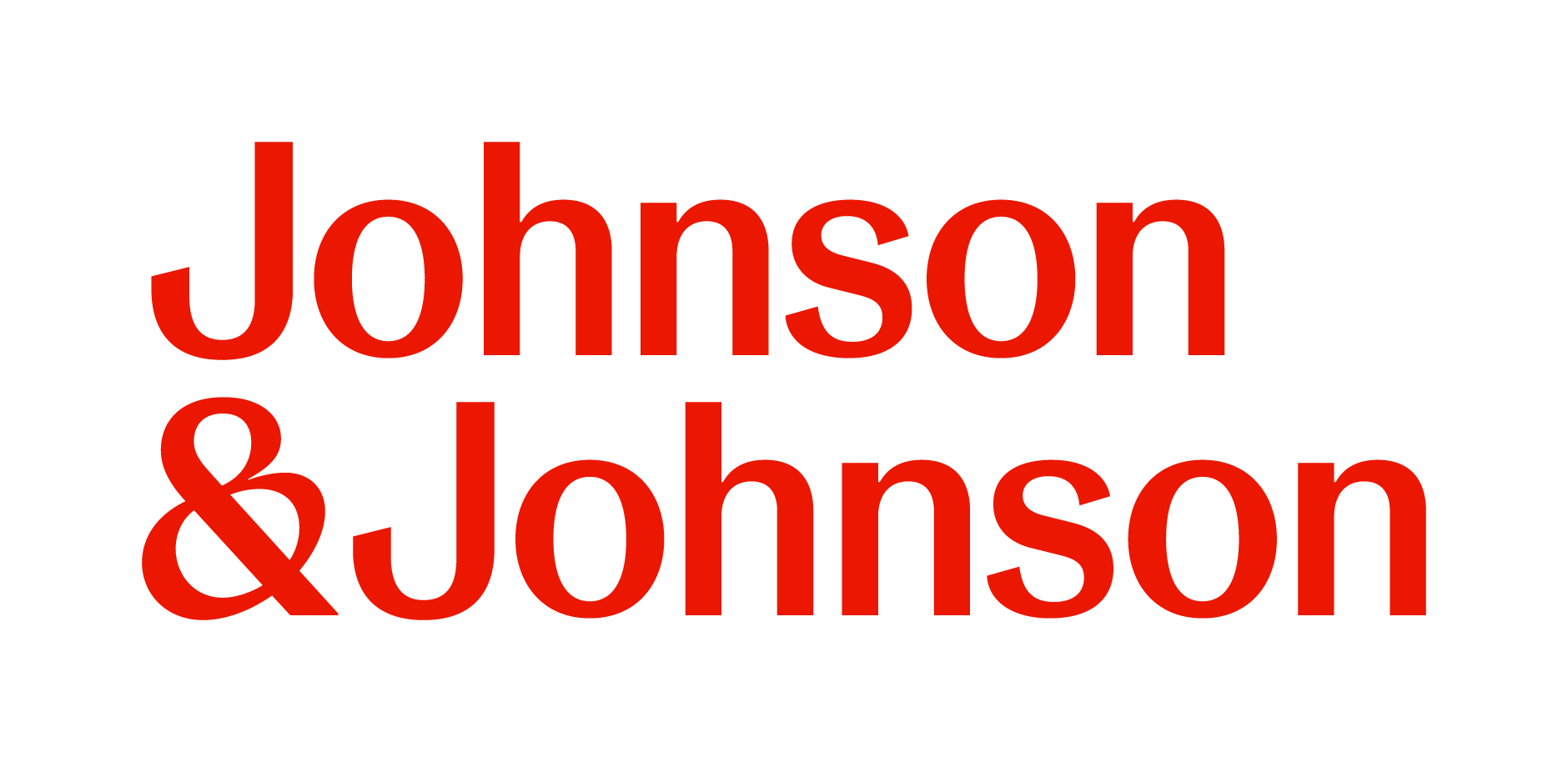What exactly is “company culture” and why should you care about it?
You don’t hear about it much in job search strategies. Career development centers at your university probably don’t have information about it posted along with their sample interview questions and resume writing tips.
In my experience, it can be the single most important consideration in job searches for both the employee and employer, as well as recruiting and employee retention post-hire. There are entire websites devoted to it and Harvard Business Review articles about it. So what’s up?
Company culture, also called corporate culture, relates to everything from how a company’s mission carries through to its day-to-day operations, to how its values are reflected through employees and policies, to whether communications within the company are formal or informal and even whether dress is formal or informal. It tells you A LOT—including whether or not a company might be the right fit for you.
I. The Job Seeker
There are generally 4 types of job seekers, and no matter which group you might fall under, you can use company culture filters to your benefit.
1. The job is the destination.
These people know exactly what they want to do and frequently have known since childhood. They have a direct path to a specific role. The key consideration proves to be whether or not the company is the right fit.
If you fall into this group, ask yourself questions like this:
- Do you agree with the company’s mission statement?
- Do you share the same values? Do you prefer a formal work environment or informal work environment?
- If you know anyone at the company, do you like them?
- If you’ve interviewed there, what is your impression of your interviewer(s)?
2. The industry is the destination.
These people are clear about the industry where they want to work in but still need to define the role based on their interests, strength and weaknesses. These people often identify with a specific image or association of the industry. Once interests, strengths, and weaknesses have been assessed to focus on specific roles that would be a fit, the next step of the decision-making process is finding the right company within that industry.
If you fall into this category, ask questions like:
- What is your impression of this company?
- How would you describe the company?
- How would you describe yourself and your values? (It’s also a good idea to ask someone you trust, a mentor or favorite professor at school, how they would describe you.)
- Does this organization’s values, work environment and people fit with who you are and what you value?
3. The idea of choosing just one is way too limiting.
This group has it narrowed down to two or three potential roles or areas, but they are interested in a number of different things. It’s just too hard to choose one! You might find people in groups 3 and 4 tend to be more “industry agnostic.” They develop technical and soft skills throughout their career, but they might not be devoted to one industry. Finding the right company, often one that allows for growth and movement around the company, is critical to any chance of success with group 3.
If you fall into this group, along with the questions above, ask yourself:
- Is there potential for growth or movement within this company that would allow you to explore different areas of interest?
- Does this company make employee development a priority? If so, how?
4. The job is completely elusive.
This group just doesn’t know where to begin. Even after deciding on a major, going through college, and sometimes even graduate school, they still don’t know where to start. For the undecided types, start your job search by choosing 5 companies you like, respect and admire. Think about those companies you identify with when you see their advertising, social media or products. What is it about them that draws you to them? These can be your first clues about what type of company cultures is the right fit for you. This can be the starting point for your job search. It doesn’t have to be the actual “job.” You may not know what role you are destined for, but if you find that company you are passionate about and can support, that is a great beginning.
II. The Job Search
So how can you identify the right company culture?
1. Research the company, obviously… but no, really research the company.
Look at their website, read ALL of the company information they post. Most people read their “About” or “Mission” page and stop there, thinking they have the idea. Nope, can’t stop there. You can find many nuggets of information scattered throughout a company’s web pages that, when combined, create a pretty telling picture. Things like how the company is performing, what their goals are for the next 1-5 years, what type of images they show on their website (and how you respond to the images you see). Read any posted news releases. If they sell products, what are the price points? Do you even like the products they sell?
Once you’ve scoured their website, look at their social media. What stories are they telling? Do those stories engage you and why? Once you’ve scoured their social media, Google the company name and see what comes up, but don’t just stop at page 1. Google their executive team and board of directors, if the company is large enough to have these positions, and see what comes up. Again, you may need to go 2-3 pages into the Google search results depending on how publicly visible or common the name of the executive or board member might be.
2. Interview the company as much as they interview you.
If you score an interview with the company, now is your chance to really understand if they could be the right fit for you. You have the opportunity to meet some of the people that work there. Do you like your interviewer(s)? How were they dressed? What kind of language did they use, i.e. formal or informal, were there company buzzwords used, etc? You have the chance to ask some questions that could reveal helpful information you need to make your decision. Remember, it is as important for you to interview the company as it is for them to interview you.
If there is an opportunity for you to ask your question naturally in the flow of conversation, or your question is a logical follow-up to one of your interviewer’s questions, go for it. If not, there is usually a chance at the end of the interview for you to ask questions. Don’t feel like you need to grill your interviewer(s). No one likes an interrogation.
Here are a few interview questions you can ask to find out about company culture:
- If you could describe your company’s culture in three words, what would they be?
- How would you describe the work environment at xxxx company?
- Are things like training and professional growth encouraged here, and assuming they say yes, how?
- What are your top 3 priorities for this year?
- How do you see this role working within the team? (or department, division etc. depending on how they describe the unit where you would be working)
- How would you describe a typical day here?
Be sure to write your questions down ahead of time, and don’t be afraid to pull out your notepad with your questions during the interview. Your interviewer(s) will appreciate appropriate, well-researched, and thoughtful questions. It’s as important for them to find a person that is the right fit as it is for you!





